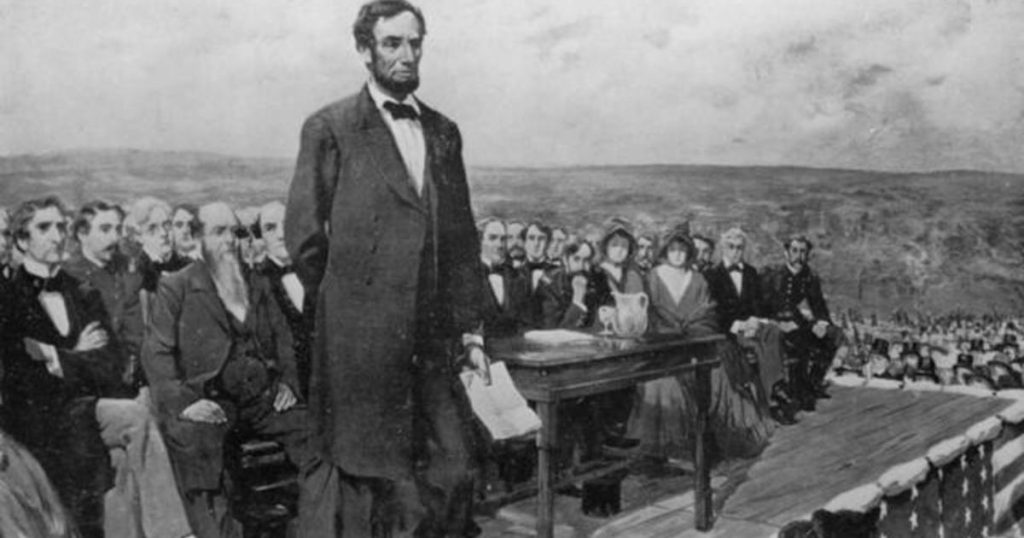Throughout American history, presidents have played a crucial role in shaping the nation by making significant decisions that have had a lasting impact on the country. These decisions have often come during critical turning points in history that have defined what kind of democracy the United States would be. From the founding fathers to the modern era, presidents have faced challenges and made bold choices that have shaped the course of the nation.
One of the most significant turning points in American history came with the formation of the Constitution. The founding fathers, including George Washington, Alexander Hamilton, and James Madison, played a pivotal role in shaping the document that would serve as the foundation of the United States government. Their decision to create a system of checks and balances, with a division of powers between the executive, legislative, and judicial branches, set the stage for the American democracy that we know today.
Another critical turning point came during the Civil War, when President Abraham Lincoln made the decision to issue the Emancipation Proclamation. This document declared that all slaves in the Confederate states were to be set free, fundamentally changing the course of the war and setting the stage for the eventual abolition of slavery in the United States. Lincoln’s bold decision to end slavery helped to redefine the principles of freedom and equality in America.
The Great Depression was another pivotal moment in American history, as President Franklin D. Roosevelt implemented his New Deal programs to help lift the country out of economic despair. Roosevelt’s decision to expand the role of the federal government in providing relief, recovery, and reform laid the groundwork for the modern welfare state and fundamentally changed the relationship between the government and its citizens. The New Deal programs helped to alleviate suffering during the Great Depression and set the stage for future government intervention in social and economic issues.
The Cold War brought about another turning point in American history, as President Harry S. Truman made the decision to commit the United States to a policy of containment against the spread of communism. This decision led to the formation of NATO, the Marshall Plan, and the Korean War, all of which helped to shape the course of American foreign policy for decades to come. Truman’s decision to confront the Soviet Union and its allies set the stage for the global power struggle that defined the latter half of the 20th century.
The Civil Rights Movement of the 1960s brought about another critical turning point in American history, as President Lyndon B. Johnson signed the Civil Rights Act of 1964 and the Voting Rights Act of 1965 into law. These landmark pieces of legislation helped to dismantle segregation and discrimination in the United States and marked a significant step forward in the fight for equality and justice. Johnson’s decision to champion civil rights legislation helped to reshape the fabric of American society and set the stage for future advancements in civil rights and social justice.
In more recent history, the attacks of September 11, 2001, brought about a new turning point in American history, as President George W. Bush made the decision to launch the War on Terror and invade Afghanistan and Iraq. These decisions had far-reaching consequences for American foreign policy and national security, shaping the country’s role in the world for years to come. Bush’s response to the 9/11 attacks fundamentally changed the way that Americans viewed terrorism and the role of the United States in combating threats to its security and freedom.


